It is August 17, 1864.
Young American men have been killing one another in the Civil War for more than three years at battles large and small across the middle of the country.
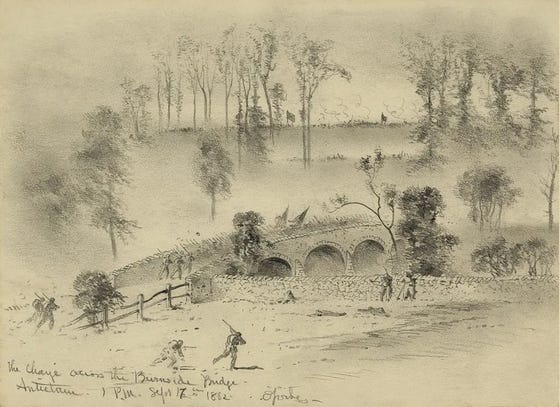
Bull Run; Shiloh; Antietam; Vicksburg; Gettysburg; Cold Harbor.
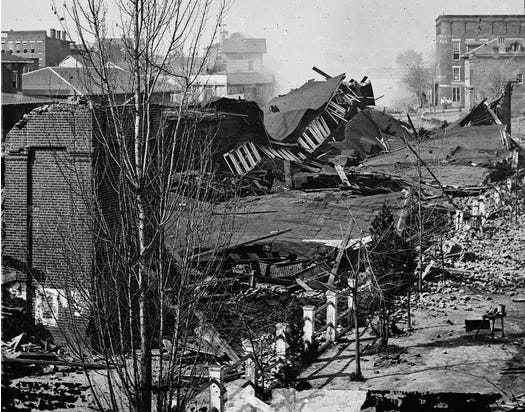
At present, Sherman’s forces are laying siege to Atlanta.
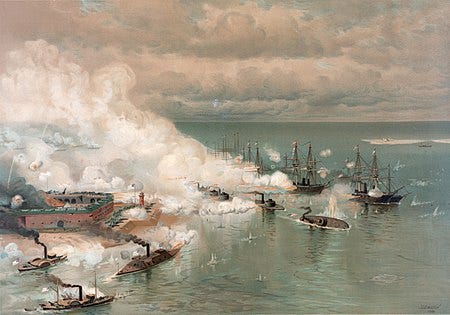
And Admiral Farragut’s Union fleet is battling to capture the Confederate port at Mobile, Alabama.
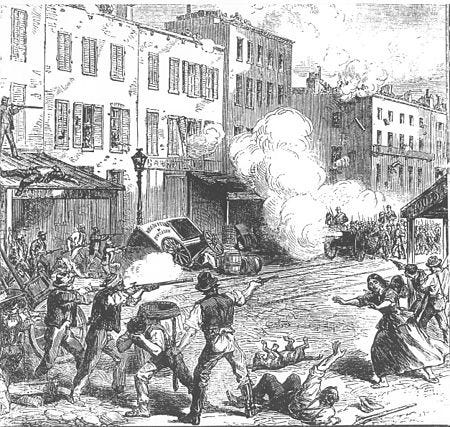
Rioters opposed to the draft fought with Union army troops in New York City last year, not long after the Battle of Gettysburg.
Now, draft protests are brewing in Pennsylvania.
Inflation has taken hold in the North, along with consumer shortages.
War weariness is spreading.
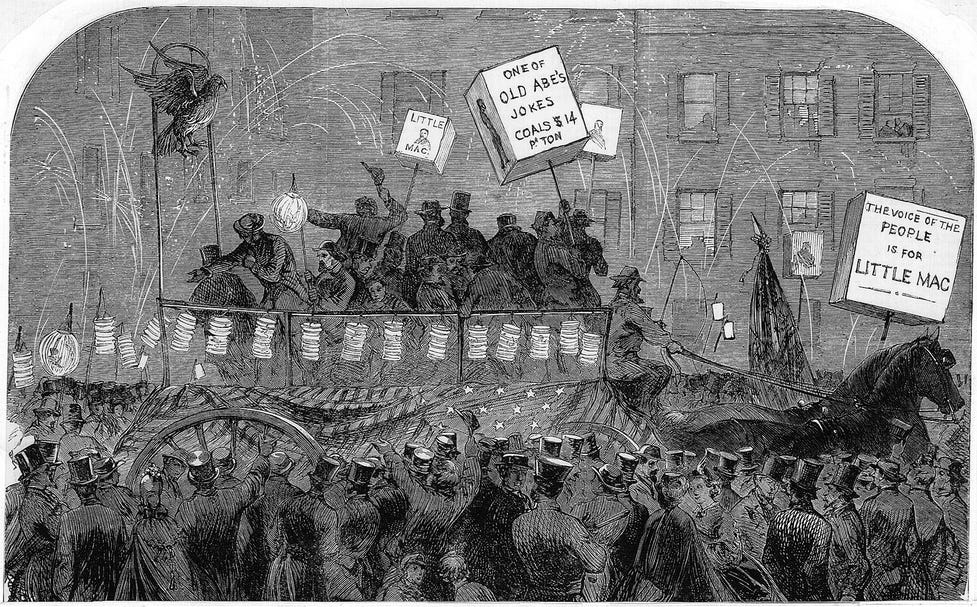
The Democratic National Convention is two weeks away.
Delegates there will nominate General George McClellan, whom Lincoln dismissed from the Army for his refusal to press battlefield advantages against Lee’s Confederate Army of Northern Virginia.
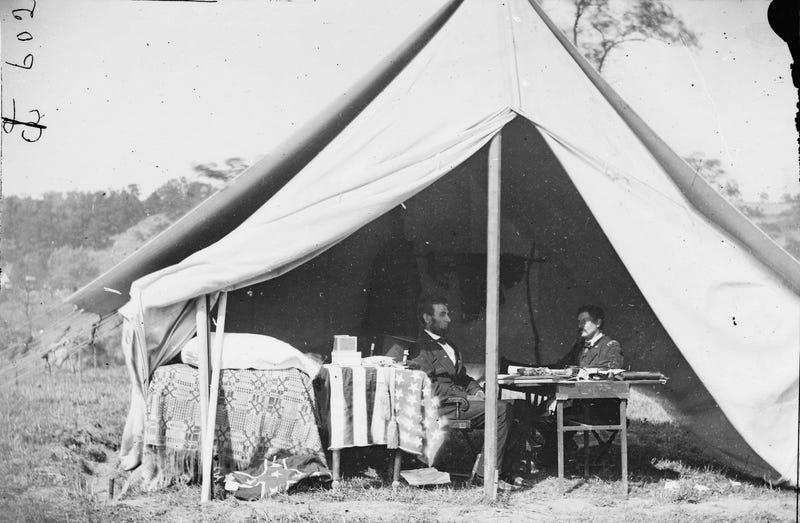
McClellan never respected Lincoln and now calls the Lincoln administration ‘four years of failure.’
Democrats will choose a peace candidate as McClellan’s vice-presidential running mate.
And the Democratic platform on which McClellan will campaign will call for a negotiated settlement of the war which will likely allow slavery to continue.
Avoiding such an odious compromise requires McClellan’s electoral defeat.
But that will take Union battlefield victories in the coming months.
Only then will voters believe that a crushing defeat of the Confederacy is coming soon, negating a need for an odious compromise to end the war.
The Union commanding general is Ulysses S. Grant, whom the Democratic press, as well as Mary Todd Lincoln, have begun calling “The Butcher.”
He has gotten this nickname because of his willingness to take heavy losses to achieve battlefield success.
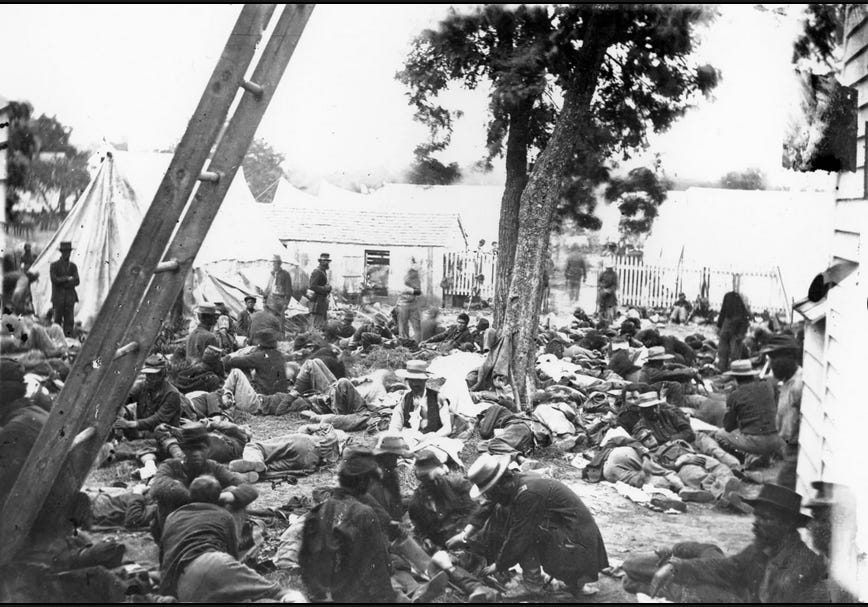
The ‘butcher’ charge has grown especially loud since the Battle of Spotsylvania Courthouse in May.
The outcome there was inconclusive, with heavy losses on both sides.
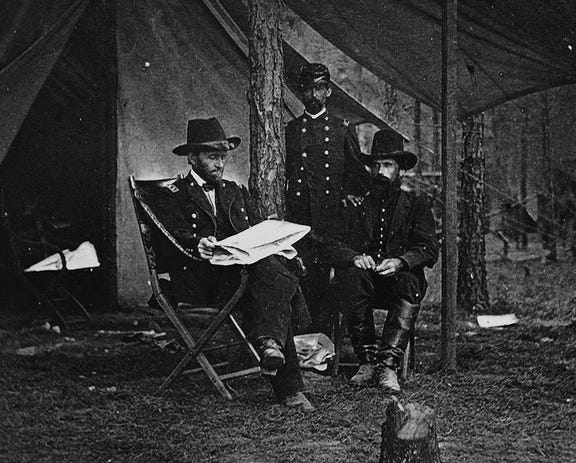
Grant wrote to the Army Chief of Staff from Spotsylvania:
“We have now ended the 6th day of very hard fighting.
“The result up to this time is much in our favor.
“But our losses have been heavy as well as those of the enemy.
“We have lost to this time eleven general officers killed, wounded and missing, and probably twenty thousand men.
“I think the loss of the enemy must be greater—we having taken over four thousand prisoners in battle, whilst he has taken from us but few except a few stragglers.
“I am now sending back to Belle Plain all my wagons for a fresh supply of provisions and ammunition, and purpose to fight it out on this line if it takes all summer.”
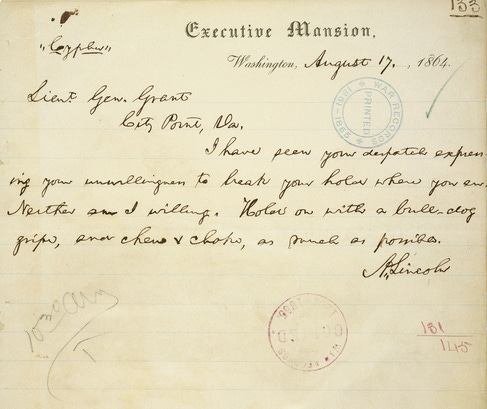
Lincoln sees Grant’s dispatch, and sends him this reply:
“I have seen your dispatch expressing your unwillingness to break your hold where you are.
“Neither am I willing.
“Hold on with a bull-dog grip, and chew and choke, as much as possible.”
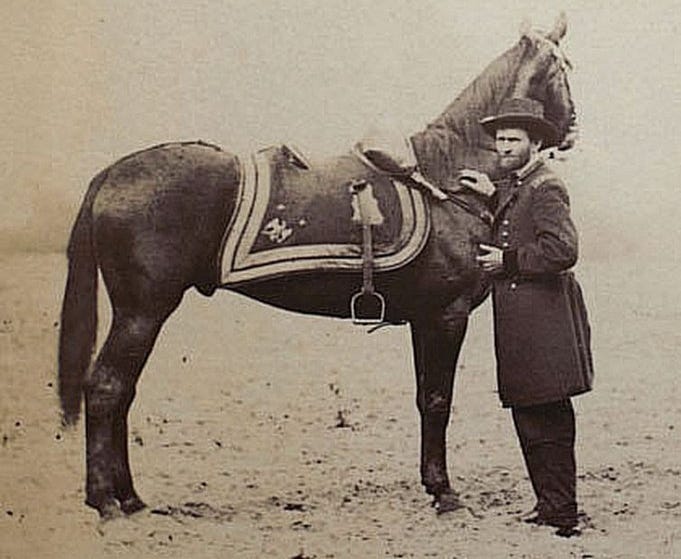
Lincoln once said of Grant “I can’t spare this man — he fights.”
And now, in a perilous time deep in the war, Lincoln leans heavy on his fighter.
Fighting is good — admirable, even — when it advances a high moral purpose.
Years later, Grant will tell the Chancellor of Germany that, while preserving the Union had been his initial motivation in fighting the Civil War, the goal of eradicating slavery became more important as the war unfolded.
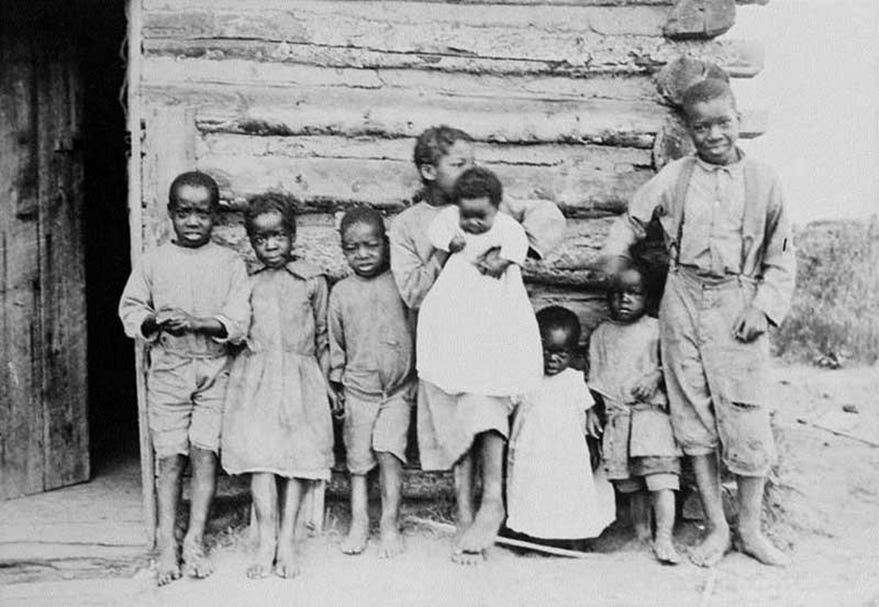
Lincoln and Grant were partners in a fight for what is right.
On that, neither man was willing to compromise.
******************************
I’ll see you tomorrow.
— Brenda





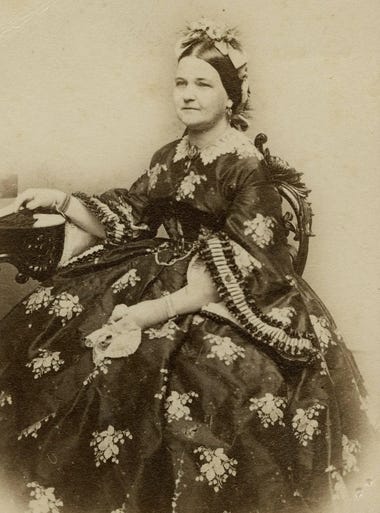
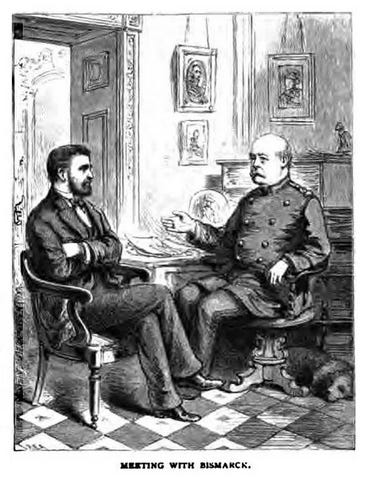









Share this post